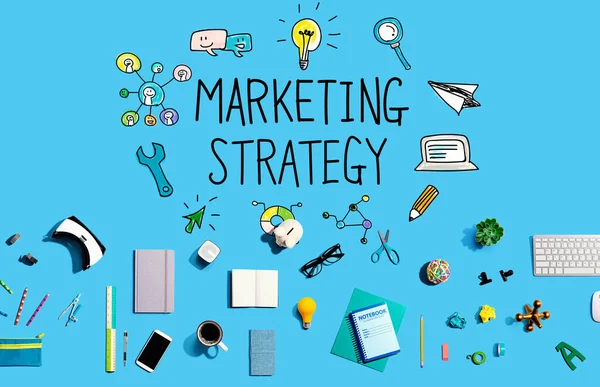Research & Study
Research & Studies
Involve systematic investigation and analysis to gain new insights, develop new knowledge, and provide data-driven recommendations. This category includes a range of services aimed at understanding various aspects of business, industry, market, and technology to support strategic decision-making and innovation. here’s a detailed explanation:
1. Market Research
Market research involves gathering and analyzing data about consumers, competitors, and market conditions to help businesses understand the market landscape and make informed decisions. This includes:
- Consumer Insights: Understanding consumer behavior, preferences, and trends through surveys, focus groups, and interviews.
- Competitive Analysis: Assessing competitors’ strengths, weaknesses, market position, and strategies.
- Market Trends: Identifying and analyzing current and emerging market trends to anticipate changes and opportunities.
- Product Research: Evaluating the potential success of new products or services through concept testing, usability studies, and pilot programs.
2. Industry Studies
Industry studies focus on analyzing specific industries to provide insights into their dynamics, challenges, and opportunities. This includes:
- Sector Analysis: Examining the overall structure, performance, and trends of an industry sector.
- Regulatory Impact Studies: Assessing the impact of regulatory changes on the industry and identifying compliance strategies.
- Benchmarking: Comparing performance metrics against industry standards to identify best practices and areas for improvement.
- Technological Impact: Analyzing the effects of technological advancements on the industry and identifying potential disruptions.
3. Feasibility Studies
Feasibility studies evaluate the viability of a proposed project or business initiative. This includes:
- Technical Feasibility: Assessing the technical requirements and challenges of a project.
- Economic Feasibility: Evaluating the financial aspects, including cost-benefit analysis, return on investment (ROI), and funding requirements.
- Operational Feasibility: Analyzing the operational capabilities and resource availability to support the project.
- Legal Feasibility: Ensuring compliance with legal and regulatory requirements.
4. Academic Research
Academic research involves conducting in-depth studies on various topics to contribute to the body of knowledge in a particular field. This includes:
- Literature Reviews: Reviewing existing research to identify gaps and develop new research questions.
- Empirical Studies: Conducting experiments, surveys, or field studies to gather data and test hypotheses.



